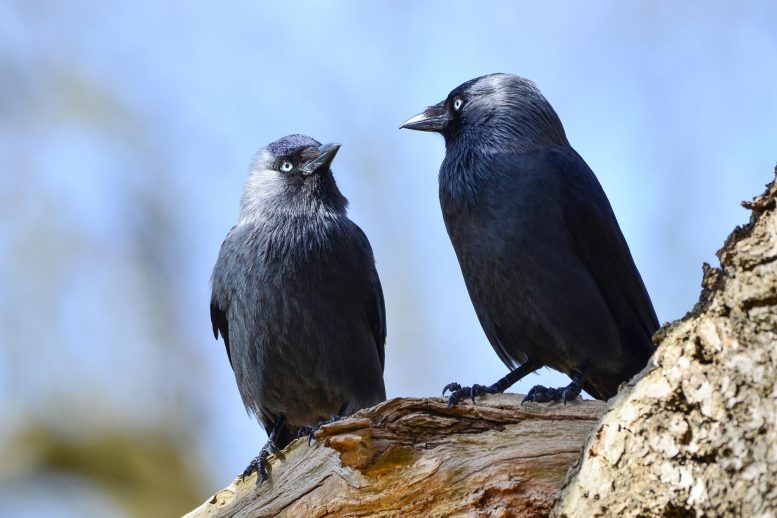
Researchers from the universities of Exeter and Bristol revealed that jackdaws shift their friendships based on rewards but remain steadfastly loyal to family.
Jackdaws, when faced with rewards, adjust their friendships but remain loyal to family, shedding light on animal social behaviors and the evolution of intelligence.
Jackdaws ditch old friends and make new ones if it helps them get rewards – but stick with family through thick and thin, new research shows.
Scientists from the universities of Exeter and Bristol presented wild jackdaws with a task where access to tasty mealworms depended on which individuals visited together.
The birds soon switched friends to get the best rewards, but they stuck with their offspring, siblings, and mating partners (jackdaws pair for life) no matter what the outcome.
The study, led by Dr. Michael Kings and Dr. Josh Arbon, under the supervision of Professor Alex Thornton as part of the Cornish Jackdaw Project, provides new insights into how animals manage social relationships.
It is published today (September 11) in Nature Communications. The paper is entitled: “Wild jackdaws can selectively adjust their social associations while preserving valuable long-term relationships.”
A bird eating grain is joined on the other feeder by an incompatible bird, so all the doors shut. Credit: Josh Arbon
Research Methodology
Professor Thornton, from the Centre for Ecology and Conservation at Exeter’s Penryn Campus in Cornwall, said: “At the Cornish Jackdaw Project, we monitor hundreds of wild jackdaws, each of which is fitted with a tiny PIT tag – like the transponder chips used for pet cats and dogs – embedded in a leg ring.
“In this experiment, we randomly assigned jackdaws to two groups – A or B – and programmed a pair of automated PIT tag-detecting feeders to provide delicious mealworms only if individuals from the same group (AA or BB) visited together.
“The jackdaws turned out to be very strategic, quickly learning to hang out with members of their own group and ditching old ‘friends’ from the other group so they could get the best rewards.
“However, they made an exception when it came to their close relations.”
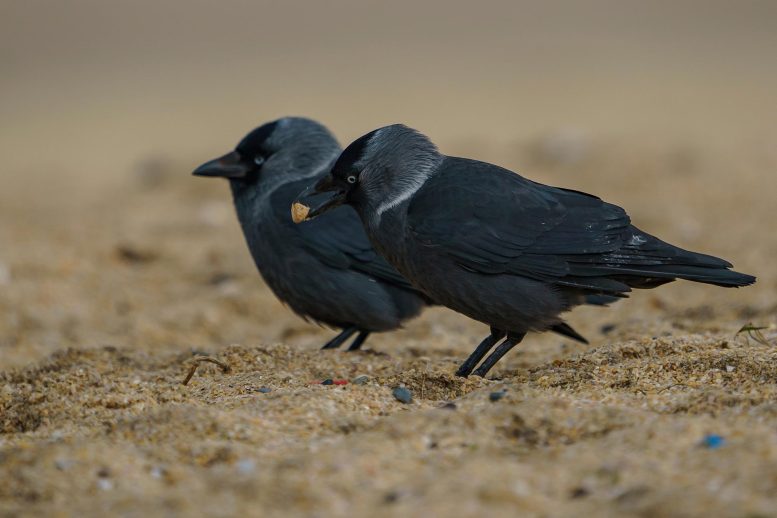
Jackdaws are small, black-plumaged birds belonging to the crow family, Corvidae. Native to Europe and parts of Asia, these intelligent birds are characterized by their striking pale eyes and silvery sheen on the back of their heads. Known for their sociable nature, jackdaws often form large flocks and have complex social behaviors.
Implications of the Study
Dr. Kings, from the University of Exeter, said: “These results have important implications for our understanding of the evolution of intelligence as they show that being able to track and remember information about social partners can bring benefits.”
Dr. Arbon, now at the University of Bristol, added: “Our findings also help us to understand how societies emerge from individual decisions. The balance between strategically playing the field for short-term benefits and investing in valuable long-term partners ultimately shapes the structure of animal societies, including our own.”
Reference: “Wild jackdaws can selectively adjust their social associations while preserving valuable long-term relationships” by Michael Kings, Josh J. Arbon, Guillam E. McIvor, Martin Whitaker, Andrew N. Radford, Jürgen Lerner and Alex Thornton, 11 September 2023, Nature Communications.
DOI: 10.1038/s41467-023-40808-7
The research team included the University of Konstanz.
The study was funded by the Leverhulme Trust and the BBSRC.



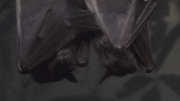
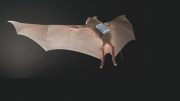

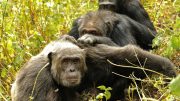
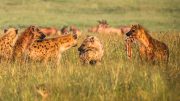
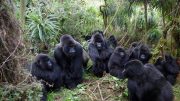
Be the first to comment on "Friendship, Food, and Feathers: Jackdaws Switch Friends To Gain Rewards – But Stick With Family"